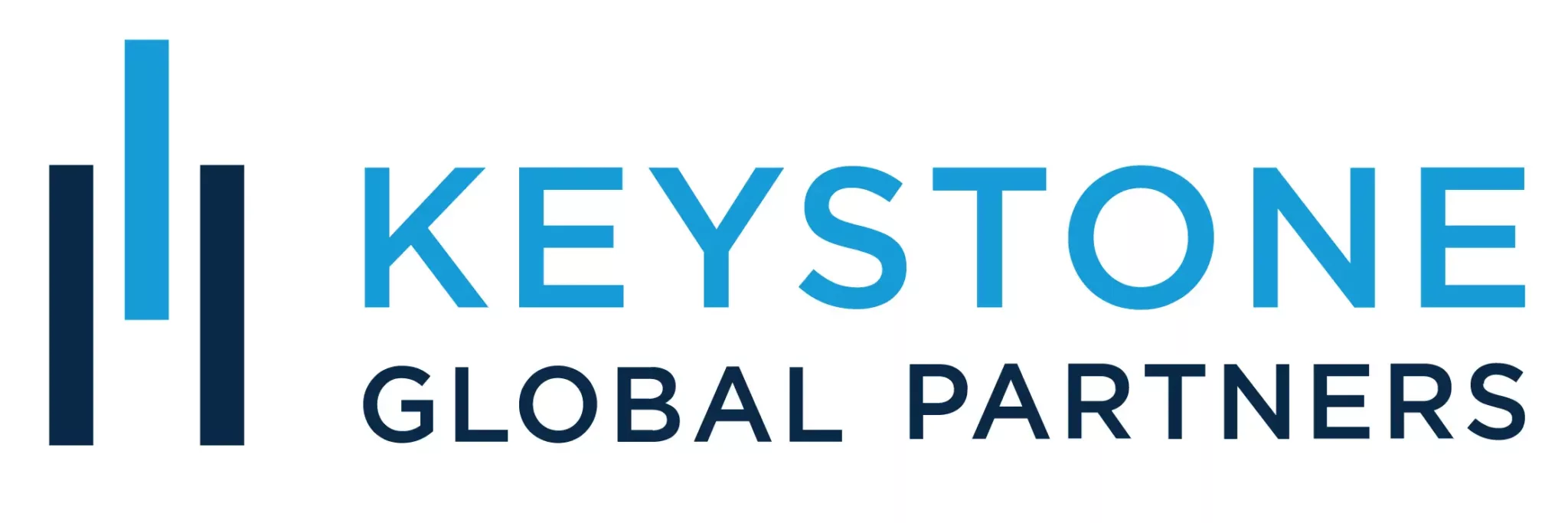Wondering if you’re best prepared for the upcoming giving season?
Before you know it, the holidays will be here and in order to minimize stress and maximize your gifting abilities, it’s important to keep in mind a few details that you may or may not be aware of.
If you’re not sure how your finances match up with your upcoming year-end giving strategy, now is the time to prepare yourself by making your lists and checking them twice. Organization is key in order to properly give this holiday season. Follow the five tips below to maximize your charitable giving strategy in 2019.
1. Do Your Research
By using sites such as Guidestar or Charity Navigator, you can learn more about the groups you’re interested in offering donations to.
The organization you’re involved with should also be able to provide registration information including 501(c)(3). You may also use the tax-exempt organization search tool available on the IRS website to obtain specific information as well.
2. Bundle Your Donations
As deductions have increased over the years, you may choose to save money over time and donate every few years as opposed to each year, consecutively. By doing this, you may receive your itemized deductions over the limit one year and take the standard deduction the next.
If you’re interested in accomplishing this, you might consider a donor-advised fund, which allows you to make a charitable donation and immediately receive a tax break. You’ll then receive recommended grants from the fund to your preferred charities over time.
3. Donate Appreciated Stock
By donating stocks or other appreciated assets, such as artwork or antiques, you might reduce capital gains tax on investments.1
In particular, high-income earners might consider a non-cash donation specifically because of the tax advantages they may be awarded. Even those who have what they might consider to be small holdings could benefit by making a donation of appreciated investments this holiday season.
4. Private Foundation or Donor Advised Fund
Consider setting up a Donor Advised Fund or a Private Foundation that is funded with appreciated stock. Both Donor Advised Funds and Private Foundations could allow you to take the tax deduction in the year in which an exit happens and then decide later when and where to donate.
Many of our founder clients will fund these vehicles during the tax year in which a liquidity event happens by donating a portion of their appreciated stock. Rather than selling the stock, paying capital gains tax, and then donating the remaining cash, you can take the tax deduction equal to the fair market value of the stock you contributed.
This is a powerful way to get a tax deduction in the year of your liquidity event, maximize your charitable donation power, and decide at a later time the philanthropic organizations you’d like to support. This is just one of the many ways you can make an impact and start building your legacy, all while creating a financial strategy that sets you up for success.
5. Utilize Your IRA
If you’re a retiree over the age of 70, you might consider transferring money from your IRA to a qualifying charity. These distributions can be a tax-efficient way of meeting any required minimum distribution. Additionally, there’s no need to itemize your deductions in order to benefit.
According to the National Association of Enrolled Agents, you may distribute up to $100,000 per year per taxpayer. This increases to an acceptable $200,000 for married couples if they both have IRAs.2 Although this strategy has existed for some time, it only recently became a part of the permanent tax code.
6. Speak with your advisor
Before making any significant charitable contributions, make sure to have a conversation with your wealth advisor or CPA in order to understand the potential impact on your estate and taxes.
It’s important to set personal reminders, at least annually, to re-evaluate your financial and personal priorities and update them if need be. Your interests and priorities are bound to change over time and so will the causes you choose to support. Being aware of these fluctuations is key and maintaining a thoughtful attitude is what makes the holidays meaningful.
1 https://www.cof.org/content/analysis-ira-charitable-rollover-extension


